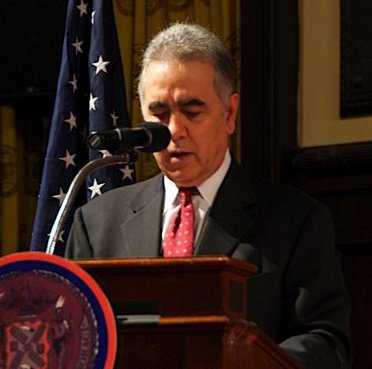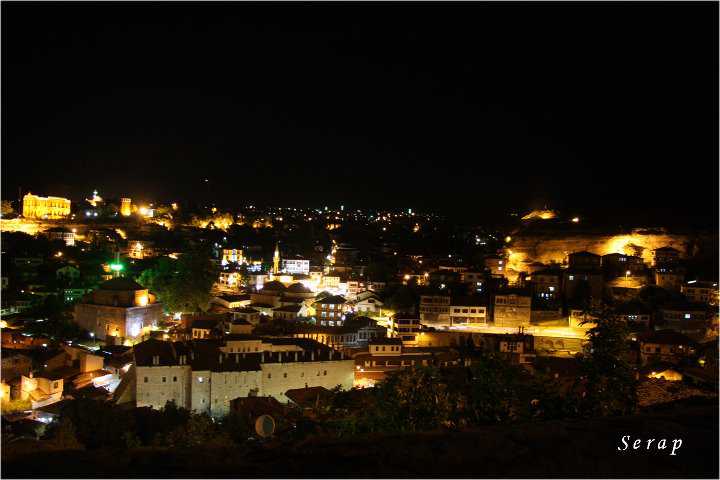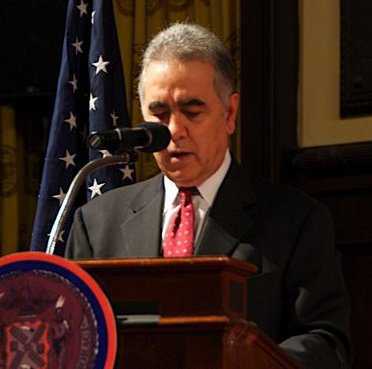Turkey Seeks to Internationalize Mavi Marmara Dispute With Israel
Though Turkey’s move appeared sudden, it has been in the works for some time. Since the Mavi Marmara incident, on the one hand, the Turkish government has made an apology an essential condition for normalizing relations with Israel, and, on the other hand, it questioned the legality of the Gaza blockade. Israel’s refusal to compromise on both points has gradually deteriorated Turkish-Israeli relations, raising concerns in Washington over the implications of the rift between the two key US allies. Meanwhile, its inability to persuade Israel to change position has put the Turkish government in a difficult position domestically, as nationalist forces have criticized it for failing to protect the nation’s interests and prestige.
Though severing bilateral ties through the initiation of some low-key measures, Turkey’s strategy was based on the internationalization of the issue to the extent possible to make Israel accountable before the international community. The initial statement from the UN Security Council and the Goldstone Report on the Gaza conflict released in September 2009 were in line with Turkey’s position. Turkey, thus, invested high hopes on the Palmer Commission’s inquiry, expecting that a decision favoring its position will result in confirmation of the nonconformity of the Gaza embargo with international law, and further generate worldwide pressure on Israel, forcing it to accommodate Turkey’s demand for apology.
While waiting for the conclusion of the Palmer Commission’s work, the Turkish government considered more forceful measures against Israel, since the indications were such that the report might fail to live up to Ankara’s expectations (EDM, May 19). Moreover, although attempts were underway to find a negotiated solution –four secret talks in six sessions were held- and there was even speculation that the Israeli government was considering an apology, this process did not seem promising, either. Days before the submission of the Palmer report to the UN Secretary-General last month, Tel Aviv made it clear to Washington that it would not issue an apology, to which Ankara responded by saying that Turkey would go ahead with forceful measures, should Israel fail to apologize, pay compensation to the victims, and end the blockade (Radikal, August 17).
As a head-on collision became imminent, Washington was reportedly seeking ways to avert a total collapse of the Turkish-Israeli relationship. Having managed to reestablish a collegial working relationship with Washington in the context of the Arab Spring, Ankara was keen to give a chance to Washington’s efforts. Foreign Minister Ahmet Davutoglu reportedly agreed to US Secretary of State Hillary Clinton’s last-ditch offer to postpone the report until the end of September during their face-to-face meeting in Paris. However, the leak of the report to the US media a few hours later angered Turkish leaders, who interpreted this development as the work of the Israeli lobby, seeking to undermine any prospects of a compromise deal including some form of apology (www.ntvmsnbc.com, September 3).
The tipping point was naturally the content of the report, as it was in disagreement with the Turkish theses. While the report described the Israeli use of force as excessive and unreasonable, it also found Turkey and the organizers of the flotilla partly responsible for what happened aboard the Mavi Marmara. Making no mention of an apology, the report asked Israel to make only “an appropriate statement of regret … in respect of the incident in light of its consequences,” and pay “a sufficient amount” to the injured and the victims’ families. The report also found Israel’s blockade to be a legitimate security measure.
Turkish leaders denounced the report, maintaining that it would not be a binding UN document, and for Turkey it was non-existent (www.tccb.gov.tr, September 3). Davutoglu outlined a five-point strategy, which Turkey hopes will make Israel pay for the incident. First, diplomatic ties with Israel will be downgraded to a second-secretary level. Second, all military agreements with Israel will be suspended. Third, Turkey will take all measures deemed necessary to ensure the safety of maritime navigation in the Eastern Mediterranean. Fourth, renouncing Israel’s right to the Gaza blockade, Turkey will work to mobilize the UN General Assembly to bring this issue before the International Court of Justice. Fifth, Turkey will support legal action against Israel to be undertaken by the families of Mavi Marmara victims (Anadolu Ajansi, September 2). The Israeli side welcomed the report and insisted that they would not apologize and continue to enforce the blockade, signaling their readiness to face the consequences of Turkey’s precautions and confront Ankara where necessary (www.ntvmsnbc.com, September 4).
As Turkey seeks not only retribution for the Mavi Marmara incident but also correction of Israel’s policy towards the Palestinians, to which Israel obviously will continue to object, these developments risk leaving irreparable damage to bilateral ties. The most critical aspect of Ankara’s intended measures appears to be the decision to boost the Turkish naval presence in the Eastern Mediterranean for the purpose of ensuring safe navigation. Taken together with Turkey’s rejection of the Gaza blockade, it might risk escalation of the crisis into a direct military confrontation. Moreover, Turkey’s preparation to bring Israel before the International Court of Justice will also further heighten the tensions on the political front. Turkish Prime Minister Recep Tayyip Erdogan’s plans to visit Gaza as well as the upcoming vote on Palestinian statehood at the UN General Assembly will only aggravate these tensions.
Whether Turkish-Israeli relations can be salvaged and who will mediate between the sides remain more uncertain than ever, and surprisingly the United States could exert little influence, if any, on both sides. But one thing remains certain: Turkey has so far failed to internationalize its disputes with Israel and will perhaps have difficulty in achieving this in the coming weeks.








